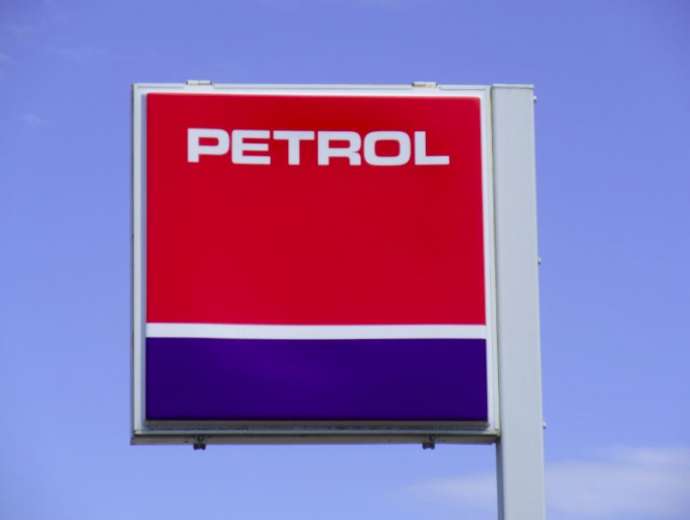STA, 20 May 2022 - The energy group Petrol reported on Friday that its sales revenue in the first quarter of the year more than doubled year-on-year to EUR 1.94 billion, while net profit was up by 17% to EUR 32.4 million. The rise is largely attributed to the incorporation of the Croatian fuel retailer Crodux into the group.
In the first quarter of the year, the group's adjusted gross profit amounted to EUR 162.2 million, an increase of 18% year-on-year, Petrol said in a press release as it issued the quarterly report.
Earnings before interest, taxes, depreciation and amortisation (EBITDA) amounted to EUR 65.6 million, or 21% more year-on-year, mostly due to the incorporation of Crodux and good results in electricity trading.
In the EBITDA structure, 37% was represented by fuels and fuel products, 13% by merchandise and services, 47% by energy and solutions and 3% by other revenue.
In the first three months of the year, the group sold 906,400 tonnes of fuels and fuel products, a year-on-year increase of 41%.
As a result of the incorporation of Crodux, the share of sales in Slovenia in the structure of fuels and fuel product sales decreased, whereas the share of sales in the South-east Europe markets increased.
Petrol said that in line with the law instructing the government to reimburse losses as a result of fuel price caps, the company had submitted a claim to the government amounting to EUR 51.3 million for the period from 15 March and 30 April.
The Economy Ministry responded to this, noting that the law gave the government this option not obligation. In line with it, the government "can determine an appropriate reimbursement", it said.
The government will decide on this reimbursement based on the standards and criteria yet to be adopted, the ministry explained.
Fuel retailers have been sending its estimates of the damage at their own initiative but "these estimates do not count as official claims, as legal requirements for them have not been met yet", the ministry said.
The Petrol group generated EUR 101.5 million in sales of merchandise and services, which is a drop of 21% year-on-year, with the main reason being the national motorway company DARS switching to an electronic tolling system.
The group also sold 5.7 TWh of natural gas, 2.9 TWh of electricity and 83.7 thousand MWh of heating energy in the first quarter of the year. Investments at the group level amounted to EUR 8.2 million in the first three months of the year.
At the end of March, the group had 6,162 employees, 593 service stations and 323 electric vehicle charging stations, including 318 service stations in Slovenia, 202 in Croatia, 42 in Bosnia-Herzegovina, 16 in Serbia and 15 in Montenegro.
"The group has performed successfully in the challenging business situation caused by the energy crisis and the situation in Ukraine," the report says, adding that the management had properly responded to recent developments.
It notes that the group does not have subsidiaries or representation offices in Ukraine, Russia and Belarus, and that the share of revenue generated in these markets is negligible, as is the purchase of energy, except for natural gas.
Russia as a source of supply of diesel and extra light heating oil represented 7% of the purchase portfolio in this segment in 2021 and this year, while Petrol does not import petrol from Russia.
The main risk this year is the negative effects of the energy crisis on inflation and, consequently, on growth of the costs of living and management of operating costs.
Last year, Petrol generated EUR 4.96 billion in sales revenue and posted a net profit of EUR 124.5 million at the group level. It plans to generate EUR 5.9 billion in sales revenue and EUR 158.3 million in net profit this year.






